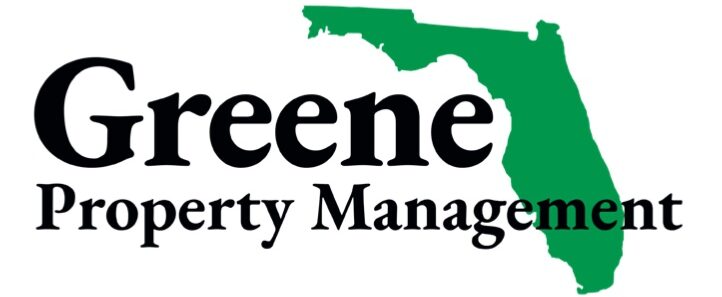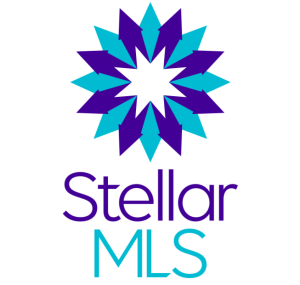You buy a house but then you need to move for some reason. Maybe it’s by choice or maybe your work is forcing you to relocate. Either way, what do you do with the house?
Owning two homes can work and be profitable if you decide to rent out the previous home. By keeping the house, you can begin building serious wealth through cash flow and equity.
But how do you know if that’s the right move?
Should you just sell the house and move on? Or should you rent it out? As with most real estate questions, these are not universal “right or wrong” questions, but once you understand the options, you can make the best choice for your situation.
Consider the 5 factors below when making your decision.
1. Will This Property Cash Flow?
The first thing to look at when deciding whether to rent out your house or sell it is to look at the math. I know, math was likely not your favorite subject in school, but luckily it doesn’t require anything more than a fifth-grade mind to understand real estate investment math.
First, ask yourself: Will this property produce positive cash flow?
In other words, when this property is rented out, and I deduct all the expenses associated with the property (mortgage, taxes, insurance, utilities, management, vacancy, repairs, HOAs, etc.), will the property produce a monthly profit or a loss? If you are looking at a loss, consider selling.
2. What About My Return on Investment?
Consider how much you would profit if you sold the property today, assuming you’d lose around 10 percent to agent fees, closing costs, and other sales expenses. If you would make little or nothing, it may be advantageous to hold onto the property, waiting for the market to improve over time. This is especially true if the property will provide positive cash flow in the meantime.
If you would make a profit by selling, consider your return on investment. For example, if you could make $100,000 in profit by selling your house and would only achieve $1,000 per year in cash flow, that’s a 1% return on investment. I would much rather take that $100,000 profit and invest it in something else that could give me a higher return.
3. Consider the Taxes
Our US Government does a lot of things I don’t agree with, but one thing they do that I absolutely love is the potential exclusion from paying capital gains tax on the sale of your primary residence.
Normally, if you sell real estate and make a profit, you’ll have to pay capital gains tax on the sale, which can be up to 20% depending on your tax bracket. However, the IRS allows homeowners (not investors!) to exclude the sale of up to $250,000 (or $500,000 if married filing jointly) of a primary residence if you lived in the home for at least two of the last five years.
Let’s look at another example where this might come in handy. Paul and Karin bought their home in 1990 for $150,000. Today, they can sell the property for $500,000, clearing $300,000 after the sales expenses. If they keep the home as a rental for, let’s say, five years and then sell, they’ll potentially owe $60,000 in taxes. But if they sell now, they can potentially keep that $300,000 in profit without paying any capital gains tax.
Of course, by keeping the property, there is always the likelihood that the property will appreciate higher than what the tax would have been, but there are no guarantees when it comes to real estate values.
(Be sure to consult with an tax professional regarding any tax information you read about or read the IRS’s rules on the topic for yourself.)
4. Does the Future Look Bright?
Another important factor to consider when deciding whether to rent or sell your house would be to put on your crystal ball and gaze into the future. What do the next five, ten, twenty years look like for your home’s location? Are things improving? Will your neighborhood decline in value? If the future looks dark, consider selling now to avoid problems later.
You don’t have a crystal ball but trying to gauge where the market’s going is not impossible. Look at the growth of your city — is it moving away from you or towards you? Are businesses moving into your area? Are homes being fixed up or left to rot? You can’t know with 100 percent certainty, but by analyzing the current trends in your market, you can make a more informed decision on whether to hold on or sell now.
5. Can You Handle Tenants?
Finally, are you willing to be a landlord? Because honestly, many people are simply not cut out for the life. While some tenants are a dream to manage, others require significant time and patience.
Luckily, you can learn and improve on landlording skills. All new landlords make mistakes, but if you are the kind of person who is willing to learn, you may fare well.
Also, just because you own rental properties does not mean you have to be the person dealing with the tenants. Professional property management companies, such as Greene Realty and Property Management exist in your city. By calling Greene you can cut the stress of rental property ownership down to a minimum (for a fee, of course!).
So, Should You Rent or Sell Your House?
Deciding whether to rent out your house or sell it is a choice only you can make after weighing all the options.
If you are trying to make that decision right now, look at the five factors outlined above and make decisions that works best for you, your family, and your financial future. Greene Realty and Property Management can offer guidance and insight into the real estate market in this area. Our experience and expertise are available to assist you at any time. Our solid reputation and strong values speak for themselves. Call Greene Realty and Property Management today. Service you deserve, People you trust!











